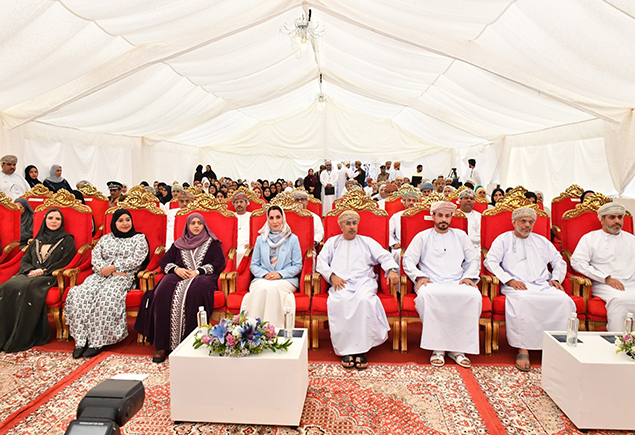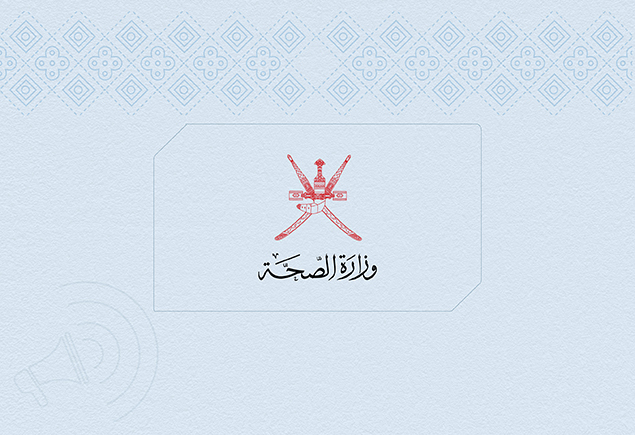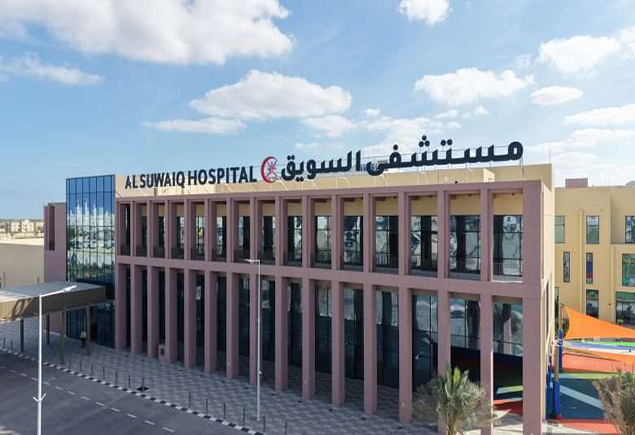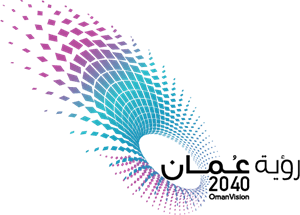The Ministry of Health (MOH), represented by the Directorate General of Khoula Hospital, celebrated today the opening of the fertility center under the auspice of H.H. Dr. Muna Fahad Mahmoud AL-Said, Assistant Vice Chancellor of Sultan Qaboos University in the presence of H.E. Dr. Hilal Ali Al-Sabti, Minister of Health, and H.E. Dr. Laila Ahmed Al-Najar, Minister of Social Development.
In her statement, H.H. Dr. Muna Fahad Mahmoud AL-Said pointed out that the fertility center at Al Wattayah Obstetrics and Gynecology Complex is the first of its kind in the government health sector and represents a glimmer of hope for people coping with fertility challenges. She added that the medical center provides diagnostic and therapeutic services for couples during their journey in treating fertility problems.
In this regard, H.E. Dr. Said Harib Al-Lamki, MOH Undersecretary for Health Affairs, stressed that the fertility center is a qualitative addition to the health services after the idea came true since 2013. The opening of the center coincided with the Royal Decree No. 10/2024 on adopting the MOH organizational structure and establishment of a center for mother & child health.
The fertility center in Khoula Hospital, equipped with the latest lab technologies, is the first government center in the Sultanate of Oman provides several services to help couples overcome the problems of pregnancy and childbirth and boasts a medical team with wide experience in the field of fertility.
Dr. Rahma Al-Ghabshi, senior consultant of obstetrics and gynecology stated that a total of 10 to 13% of the population of any society suffers from delayed pregnancy which is one of the medical problems that affects not only the individual but also the family, community and the country. Providing such a service contributes to treating delayed pregnancy to maintain family and community cohesion.
The center aims to provide high quality and efficiency medical care services and seeks to receive and treat 1000 cases during this year after opening, and raising the number to 1500 cases in the second year.
In vitro fertilization is used for several cases such as fallopian tube obstruction, infertility in males including low sperm count or severe weakness in sperm motility, women with ovulation disorders, or infertility of unknown cause with failure of other procedures and treatments.
The center receives the cases referred from obstetrics and gynecology departments from all government hospitals and health complexes from all governorates, from urology clinics treating male infertility, from reproductive endocrinology clinics in the Royal Hospital and Al Wattayah Complex, from endocrine clinics, and from oncology centers to preserve fertility by freezing eggs or sperm animals or embryos.







